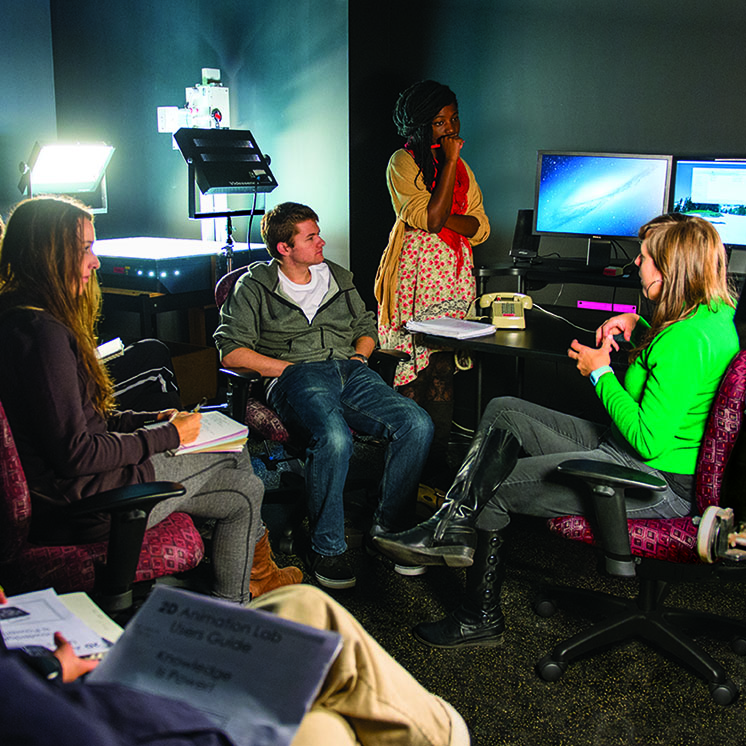Civic Intelligence Laboratory
Fall 2015, Winter 2016 and Spring 2016 quarters
Taught by

21st Century inhabitants of the earth find no shortage of complex problems that demand our attention. They run the gamut from pandemics to unsafe neighborhoods, economic collapse to unemployment, climate change to institutional racism. But why are some groups more likely than others to successfully address the issues they face?
In this program we hypothesize that humankind must become "smarter" about its affairs if there is to be any chance of making social and environmental progress. Everywhere we see how money and power control how things are managed — or not. The playing field is not level, but positive change does occur.
Civic intelligence is the name for the type of collective intelligence that addresses significant shared problems effectively and equitably. Intelligence, whether in a single person or collectively, in classes, cities, nations or the world, is a complex ecosystem of interacting ideas, visions, perceptions, assertions, and questions. And intelligence is not just in the head: it is deeply intertwined with action — planning, evaluating, doing — and interacting with other people.
We will explore civic intelligence through seminars, films, workshops, lectures and group projects throughout the program. But because studying civic intelligence is not enough — we also will learn about civic intelligence by doing it. Throughout the three quarters we will use the lens of a laboratory to employ and explore civic intelligence. We will read The Social Labs Revolution and other writings that focus on a problem-solving, experimental approach and learning-by-doing that John Dewey and other authors advanced.
We will strive to make our own program into a "lab" of sorts and collect data as we move forward. We plan to consciously leverage Evergreen's underlying philosophy as a non-traditional, experimental school that integrates theory and practice to explore how students can take a more active role in their education and in their interactions in the world.
We will also work with one or more research and action efforts. Possibilities include an innovation network of people working in small to mid-sized cities, towns, or neighborhoods in Washington State; Evergreen's Center for Community Based Learning and Action (CCBLA), and a county-wide health initiative. The program will help students develop important skills in organizational and workshop design, collaboration, analysis and interpretation, written and oral communication, and critical thinking skills.
Students who take the program for 12 credits will support the work of the Civic Intelligence Research and Action Laboratory (CIRAL). This is designed to allow students of diverse interests and skills to work in issue-oriented "clusters" with students, faculty, and others inside and beyond Evergreen who are engaged in real-world research and action in actual and potential projects. These opportunities will include engaging in research, media work, or tech development.
Program Details
Fields of Study
Location and Schedule
Campus location
Olympia
Schedule
Offered during: Evening and Weekend
Advertised schedule: 8 credit students meet every Wednesday evening from 6:15 pm - 10:00 pm. They also meet on four Saturdays (10:00 - 5:00 pm): Fall: Oct 3 & 24, Nov 14, and Dec 5; Winter: Jan 9 & 30, Feb 20, & Mar 5, and Spring April 2, 23, May 14, 28. First Spring Meeting March 30, 6:15p, Seminar 2 B3107. 12 credit students meet all of the times above plus from 4:30 pm - 6:00 pm on Wednesdays. First Spring Meeting March 30, 4:30p, Seminar 2 B3107.
 my.evergreen.edu
my.evergreen.edu

 Fall
Fall  Winter
Winter  Spring
Spring